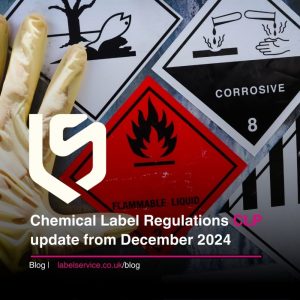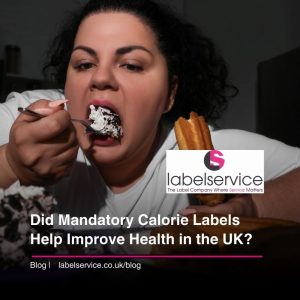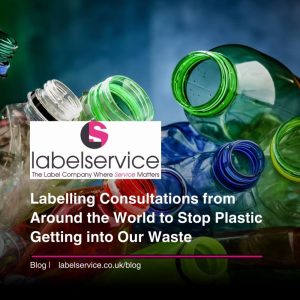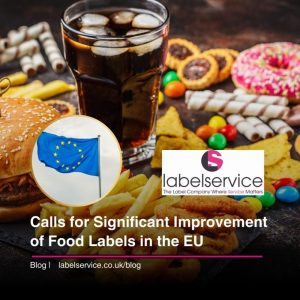It’s a common daily occurrence for us as human beings to take pride in our hygiene and appearance. With our regular routines including: brushing our teeth, shampooing our hair, moisturising, showering with gels and soaps and applying deodorant, the amount of products we use is endless. This can run deeper for many women who further this by applying products such as foundation creams, eyeshadows, face powder and in many cases, expensive anti-ageing creams.
For those of us who have taken the time to read the extensive list of baffling ingredients contained on cosmetic product labels, you will probably openly admit to not knowing what the unpronounceable names are and for what purpose they serve.
Most people will know that the common ingredient ‘aqua’ is just water, but what about ‘Triethanolamine (TEA)’ or ‘Methyl, Propyl, Butyl, Ethyl Parabens (PHB Esters)’? What are they and what do they do? Well, Triethanolamine is a commonly used foaming agent whilst Parabens have the ability to inhibit mould and are used in wide variety of products.
Many of the ingredients are thought to cause skin sensitivities and have also been linked to conditions such as contact dermatitis. For example ‘Propylene Glycol’ is used as an humectant and delivery ingredient within cosmetic ranges. It’s reported that this ingredient is also used in industrial anti-freeze, so it’s no wonder consumers are left debating if these ingredients can have a negative impact on our health.
However, research from toxicologists have shown that Propylene Glycol does not cause any health risk when used in cosmetics (source: Critical Reviews in Toxicology, April 2013, pages 363-390).
Another commonly used ingredient is Phthalates, also known as one of the most common contaminants in our environment. Dibutyl Phthalates are used as plasticisers and prevent the cracking and drying of a range of commercial products such as shampoo, body wash and moisturisers. But whilst it serves this purpose it is also thought to cause reproductive and developmental abnormalities, largely effecting males through testicular malformations and reduced sperm count.
Many of these unpronounceable ingredients in our cosmetics are considered highly controversial. Their purposes range from being cheap preservatives and killing bacteria to lubricating agents aiming to provide the skin with an extra barrier, all totally legal.
So with our daily-care products potentially posing a threat to human and environmental health, one wonders whether the future could be ‘Greener’ and ‘Safer’. With chemical-free alternatives already growing on the market, perhaps it is time for a new approach to our cosmetics ingredients.
We at Labelservice are professional Cosmetic Label Printers with over 25 years in the industry. Contact us today to discuss your labelling needs.
















